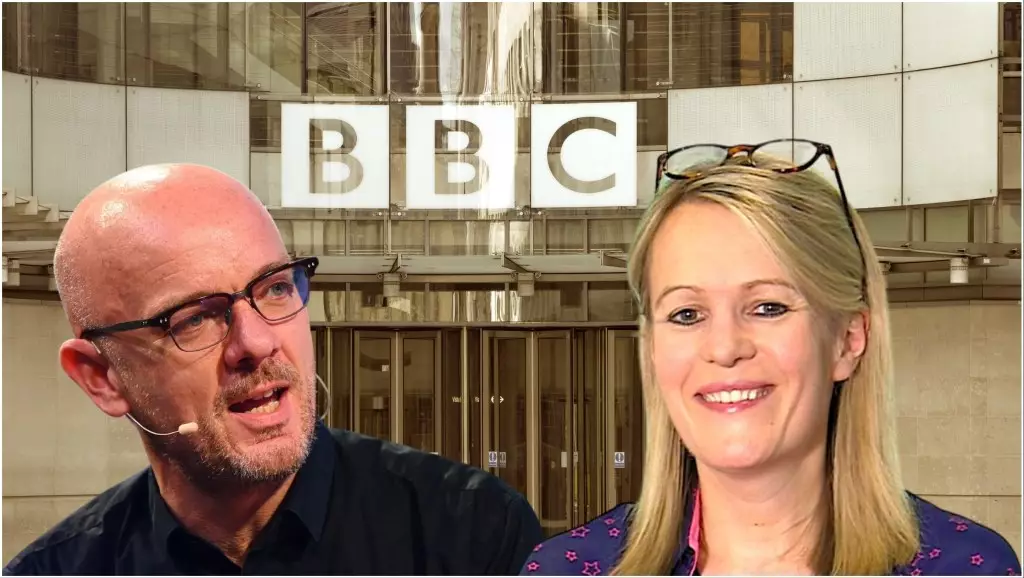The British Broadcasting Corporation (BBC) is currently navigating a pivotal moment in its history, as it seeks to fill the substantial role left by Charlotte Moore, the corporation’s departing content chief. This position is not just a job title; it represents the helm of creative vision, strategy, and output for the UK’s most influential media platform. With whispers of organizational change echoing throughout the corridors of New Broadcasting House, the race to replace Moore has unveiled an interesting mix of candidates, each vying for a chance to shape the future of British television.
Key Candidates and Their Motivations
Initially, the spotlight was on three prominent figures, with Patrick Holland, the executive chairman of Banijay UK, emerging as a top contender. However, Holland recently disclosed his intention to remain at Banijay, marking a significant shift in the competition. This news hints at underlying issues within the BBC’s recruitment strategy, particularly concerning salary disparities that may deter high-profile external candidates. With a hefty annual salary of £468,000 for the content chief role, the BBC struggles to keep pace with the lucrative offers often found in the private sector. Such financial limitations could restrict the pool of talent willing to join the organization, challenging the BBC’s capacity to innovate.
Kate Phillips, the current interim chief content officer and unscripted programming head, has gained momentum as a leading candidate following the withdrawal of notable competitors like Holland and Netflix UK’s Anne Mensah. Phillips’ extensive experience within the BBC has cultivated a strong network of supporters, positioning her as a familiar yet dynamic choice to lead the corporation into a new creative chapter. The internal support she enjoys suggests that the BBC is possibly leaning towards continuity rather than an overhaul, which could foster a sense of stability as Moore departs.
The Ripple Effects of Leadership Change
The implications of who fills Moore’s shoes extend beyond the individual role; they shape BBC’s broader identity in a rapidly evolving media landscape. Multiple names have entered the conversation, including Zai Bennett from BBC Studios Productions and external prospects like Tom McDonald and Dan McGolpin. Yet, many potential candidates have chosen to bow out of contention, signalling a mix of personal ambitions and the necessity to align with the BBC’s evolving strategic goals.
In this delicate dance of recruitment, headhunters Grace Blue and Ibison are facilitating the selection process, under the vigilant eye of director general Tim Davie. His personal interest hints at the significance of this decision, as the next content chief will not only oversee domestic programming but will also play a critical role in steering the BBC’s international creative direction—an area growing increasingly vital as global media competition heats up.
Future Considerations and Innovations
Ultimately, the BBC is at a crossroads that demands thoughtful leadership, innovative thinking, and adaptive strategies. The selection of the next content chief could either represent a continuation of the status quo or ignite a transformative vision that reinvigorates the BBC’s legacy. The spotlight now shines on Phillips as she adeptly fills Moore’s role during this transitional phase, as well as on the broader organization, which must align its ambitions with the realities of today’s media market. The stakes are high, and the journey ahead promises to be as critical as it is interesting.

